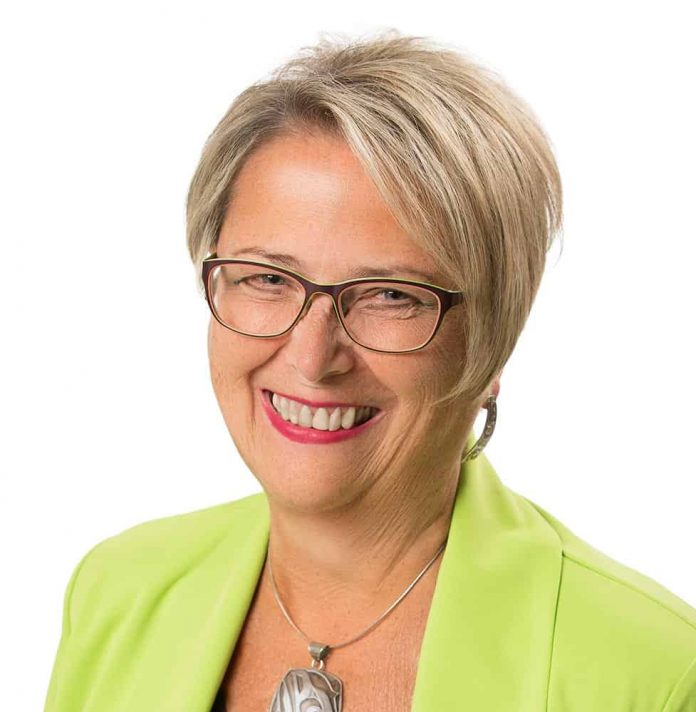JUDY Darcy, Minister of Mental Health and Addictions, reacting to the release of the 2019 drug toxicity deaths by the BC Coroners Service, said on Monday that it “is a sharp reminder of lives cut too short, and of devastated families and communities left behind in the wake of this collective tragedy. We mourn each and every person lost, not as a number but as a person whose life matters. No one should have to experience the pain of losing a loved one to the ongoing fentanyl-poisoning crisis.”
She added: “While I am very encouraged to see the number of overdose deaths going down for the first time since this crisis began, and that fewer families will receive the terrible news of a loved one lost, our government is committed now more than ever to keep our foot firmly on the gas, to keep going and keep acting on what the evidence shows us is working.
“We have scaled up more life-saving supports like naloxone and overdose prevention services and created more pathways for medication-assisted treatment and for recovery. Thanks to our partners at the BC Centre for Disease Control, we know these strategies have prevented thousands of deaths and are helping people become healthy again.
“At the same time, we recognize that we still have an incredible amount of work to do. We know that more and more people are surviving overdose and living with long-term health impacts. We know that more people are seeking treatment and recovery and we are working tirelessly to meet those long-neglected needs.
“We have more treatment beds coming online this year and tough new regulations in place so that people in recovery homes get better care. We are also working with health authorities to further expand access to medication-assisted treatment for people living with opioid-use disorder. And we are working in partnership with the First Nations Health Authority to build two new urban Indigenous treatment centres and rebuilding six more in rural B.C.
“I want to extend my deepest gratitude to first responders, peers, families, health-care professionals and community workers who are dealing with the deeply emotional toll of doing everything they can to save lives and connect people to care time and time again. Our province owes you a debt we can never repay.
“The way we act and speak can make a life-changing difference for someone who is living with addiction, to find a pathway to hope and to healing. We cannot afford to stop caring. It really will take all hands on deck to stem this terrible tide and reduce the stigma that leads to so many people using and dying alone.
“As we look to the year ahead, we will continue to work closely with and listen to the valuable advice of our partners, including people with lived experience to save lives and build a better, more connected continuum of care options for people living with addiction.”

BC Liberal Critic for Mental Health and Addictions, Jane Thornthwaite, said: “It is heartening to see that measures implemented in 2016 when the crisis first began are starting to effectively reduce the number of people dying from illicit drug overdoses in British Columbia.
“However, saving lives alone is not enough.
“The crisis is ongoing — the rate of people overdosing is constant, if not rising. British Columbia needs to invest in a continuum of care that addresses prevention, treatment and recovery.
“While it is important to continue to work to save lives, there is much more work to be done. Only when we are able to stop the cycle of addiction can we expect to see an end to the opioid crisis.”












